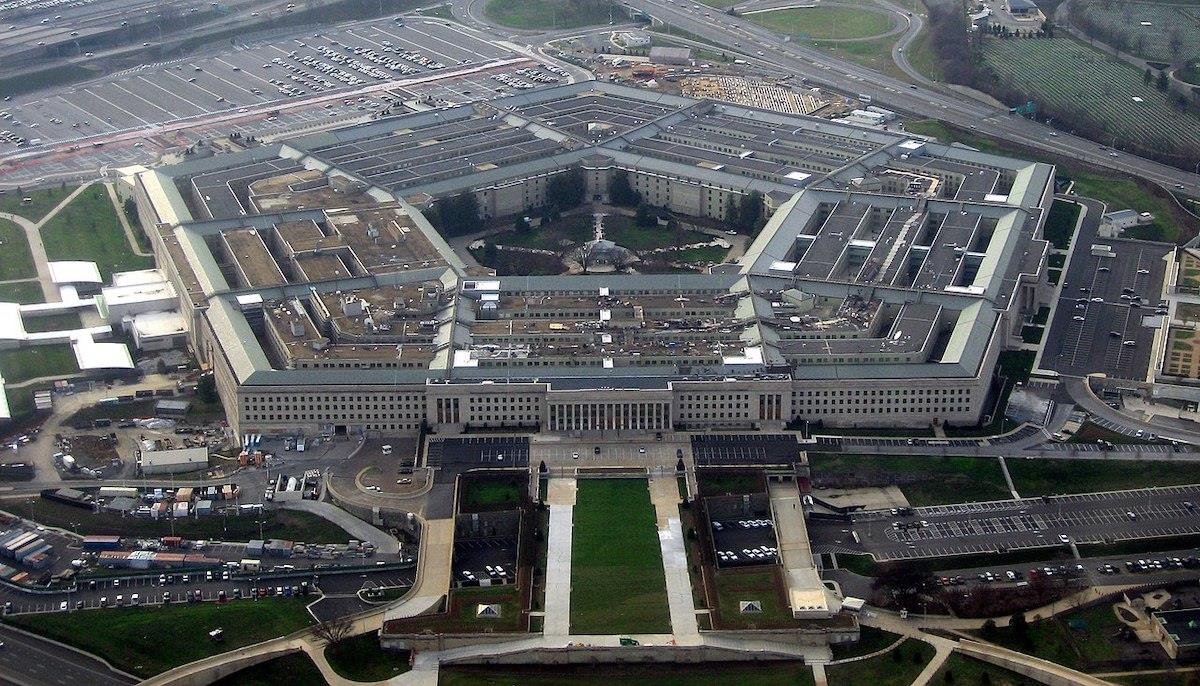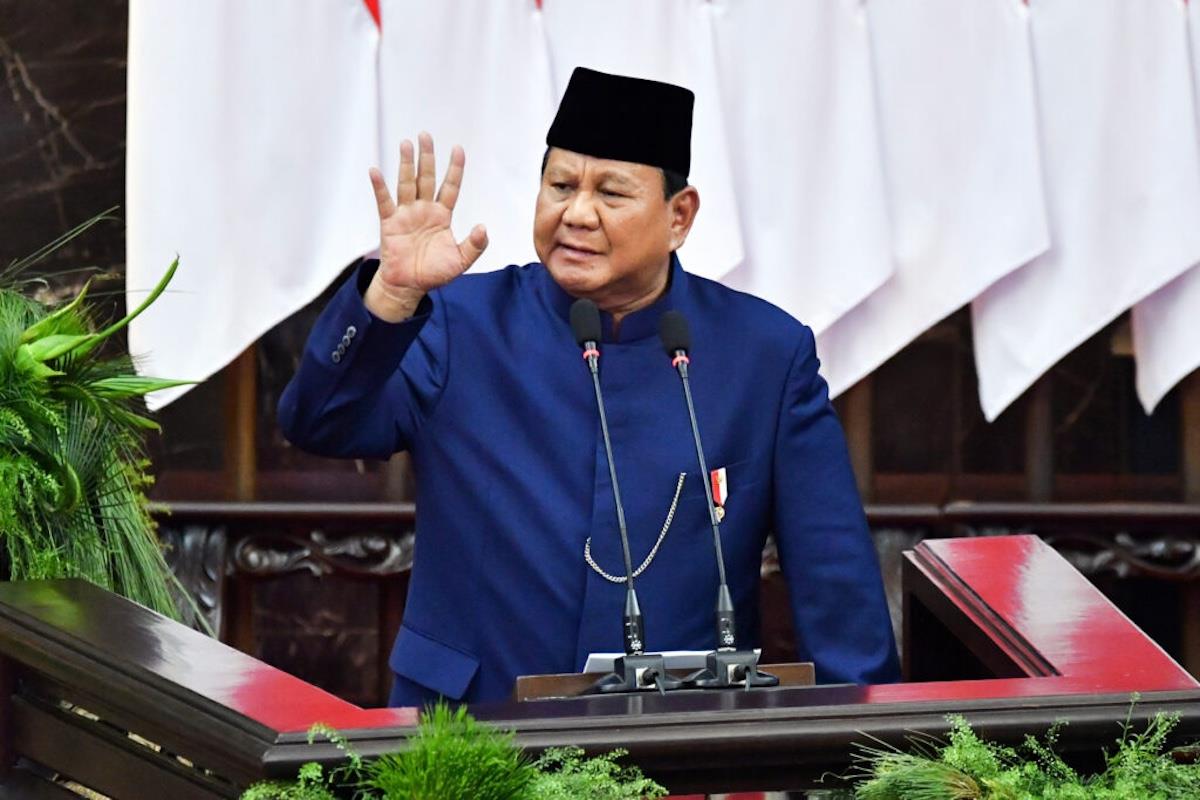
Time For A US Pivot To Central Asia
come up notably and woefully short.
With a new US administration to take office next year, it's not too soon for Washington foreign policy mavens to begin considering a new strategic approach to this vast region steeped in natural resources and historical significance for transcontinental connectivity.
What would a fresh US start in Central Asia entail? For starters, it would prioritize diplomatic engagement, de-emphasize geopolitical adventurism and moderate ideological pronouncements.
Diplomacy, which generally presupposes dialogue and compromise, is the smartest, most cost-effective way to resolve conflicts in an increasingly unstable and dangerous world.
The US State Department and the rest of the DC foreign policy establishment would thus be well-advised to stop equating peace with weakness and pointless“forever wars” with strength as if the recent Iraq and Afghanistan conflicts were not enough to engender new thinking.
Moreover, a new emphasis on diplomacy should not be construed as isolationism, which is unachievable even if it were diplomatically desirable, which it is not. Rather, it would represent a revival of the great American foreign policy traditions of John Quincy Adams, William Henry Seward, Dean Acheson, George Kennan, Henry Kissinger and George Shultz.
Smart diplomacy does not mean appeasement, as some disingenuously contend in a bid to block any alternative to America's current foreign policy. It should retire the tendency of so many US foreign policy elites to think in terms of a simplistic dialectic of good versus evil. The US needs a foreign policy based on morality, not moralism.
US-Central Asian relations will gain new strategic momentum once Washington convinces regional states that it sees them as sovereign nations rather than pawns on a geopolitical chessboard and recognizes that peace and stability are best served by pursuing mutually beneficial rather than“snatch and grab” economic policies, which are often disingenuously cloaked in the language of progress and prosperity.
The US State Department must work harder to convince Central Asians that Washington's outreach and foreign aid programs are not aimed at regime change, the imposition of culturally insensitive ideological agendas or making the states of the region financially dependent on the US. Unfortunately, these perceptions are pervasive in the region today.

Legal Disclaimer:
MENAFN provides the
information “as is” without warranty of any kind. We do not accept
any responsibility or liability for the accuracy, content, images,
videos, licenses, completeness, legality, or reliability of the information
contained in this article. If you have any complaints or copyright
issues related to this article, kindly contact the provider above.





















Comments
No comment